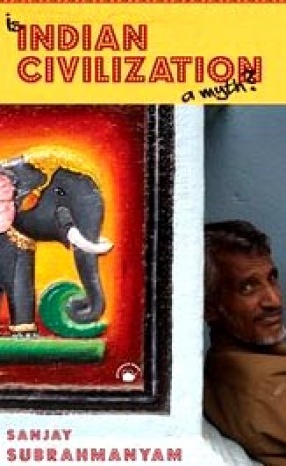
Sanjay Subrahmanyam

Showing all 11 books
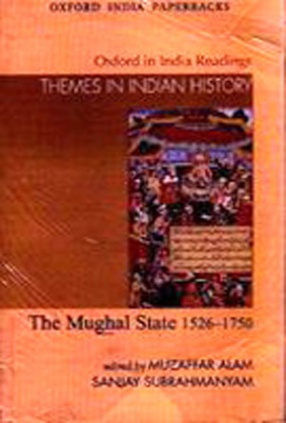
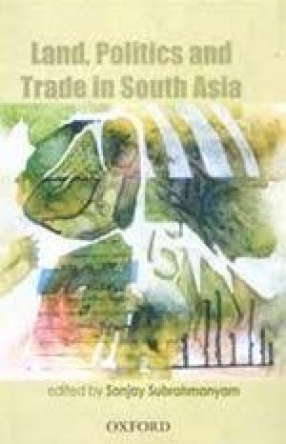

In the title essay of this enthralling collection, Sanjay Subrahmanyam sets a provocative ball rolling: At the heart of the matter , he says, is the notion that at some distant point in the past, say about AD 500, the concept of Indian civilization had already been perfected. Everything of any importance was in place: social structure, philosophy, the major literary works ... The central idea here is of India-as-civilization, and it very soon becomes the same as ...
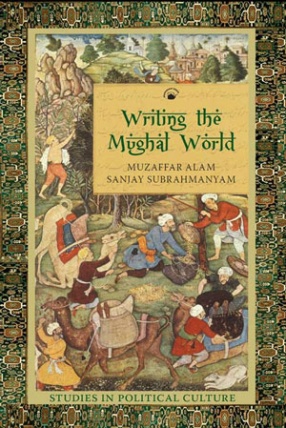
In this book, two leading historians of early modern South Asia present nine jointly authored essays on the Mughal empire, framed by a long Introduction which reflects on the imperial, nationalist, and other conflicted trajectories of history-writing on the Mughals. Using materials from a large variety of languages including Dutch, Portuguese, English, Persian, Urdu, and Tamil they show how this Indo-Islamic dynasty developed a sophisticated system of government ...

The Mughal state has, ever since its existence, exercised a compelling effect on observers. A rich historiography on it has long existed, in Indian as well as European languages. In the present century debates have raged concerning its character, and on the nature of the Mughal state's implications for the longer-term trajectory of the subcontinent. This book brings together some of the key interventions in these debates. A detailed new introdution by the volume ...
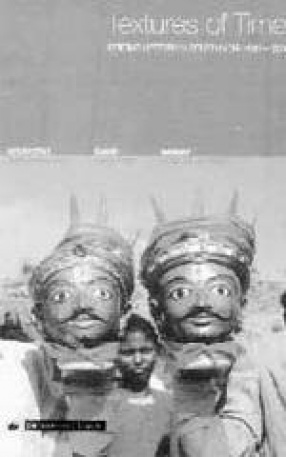
Everyone has a past: the question is what one does with it. If generations of scholars are to be believed, south Indian society in the centuries before colonial rule showed an indifference to its past—or, at best, approached the past through myth, legend and phantasmagoria. This book sets out not merely to disprove that idea, but to demonstrate in some detail the complex forms of historiography that were produced in South India between the fifteenth and the ...

The implications of colonial rule have been among the core concerns for historians of modern India, often resulting in very fundamental disagreements over the very tools and sources with which to address the problem. The result has been a diversity of perspectives and a creative application of different methodologies in the analysis of the economy, society and culture of colonial India. Eminent historians have contributed to this volume in memory of Dharma Kumar, ...
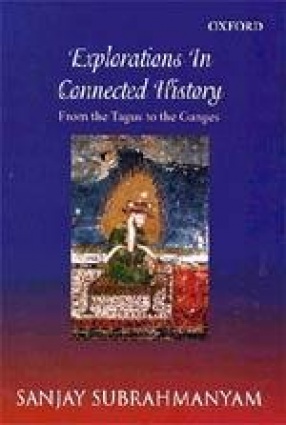
History writing on South Asia has over time debated the politics of its sources. It has also confronted the assumptions underlying the periodization of Indian history. As reflected in this collection of essays, Subrahmanyam takes a sharp and discriminating look at the archive to challenge certain enduring beliefs regarding temporal and geographical frontiers in the task of history writing. From the Tagus to the Ganges is a set of interlinked studies that deploys ...

Pre-colonial India -- and how it was perceived in Europe at the time-- has been variously written about. Of late, historians have felt the need to re-examine the sources through which this history was reconstructed. In this collection Subrahmanyam questions the lines of political and cultural division that traditional history writing has accepted. He demonstrates that the interface and balance of power between the Mughals and the Europeans are an integral part of ...

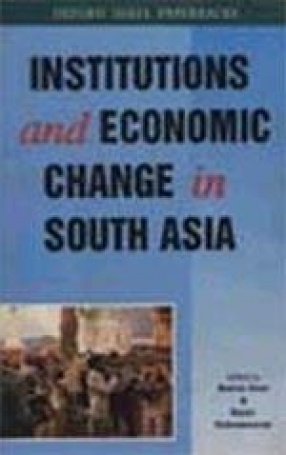

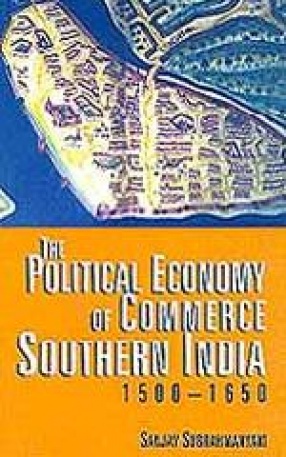
In The Political Economy of Commerce: Southern India, 1500-1650 Sanjay Subrahmanyam explores the relationship between long-distance trade and the economic and political structure of southern Indian in the sixteenth and early seventeenth centuries. He questions the more traditional views that external demand was the force behind pre-colonial Indian economic growth or that external trade was insignificant in quantitative and qualitative terms compared with the ...
